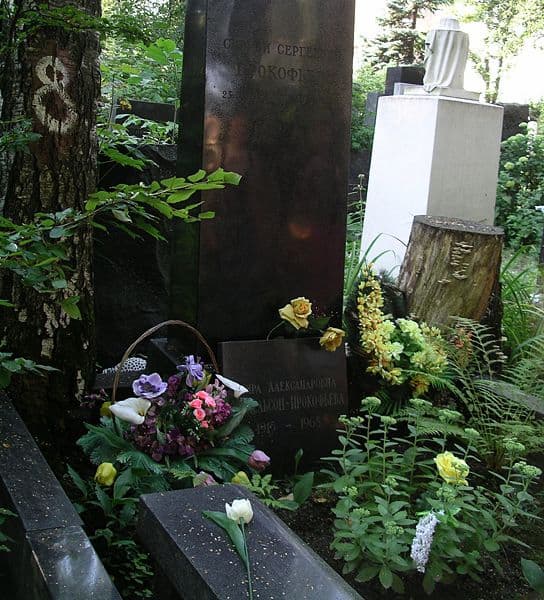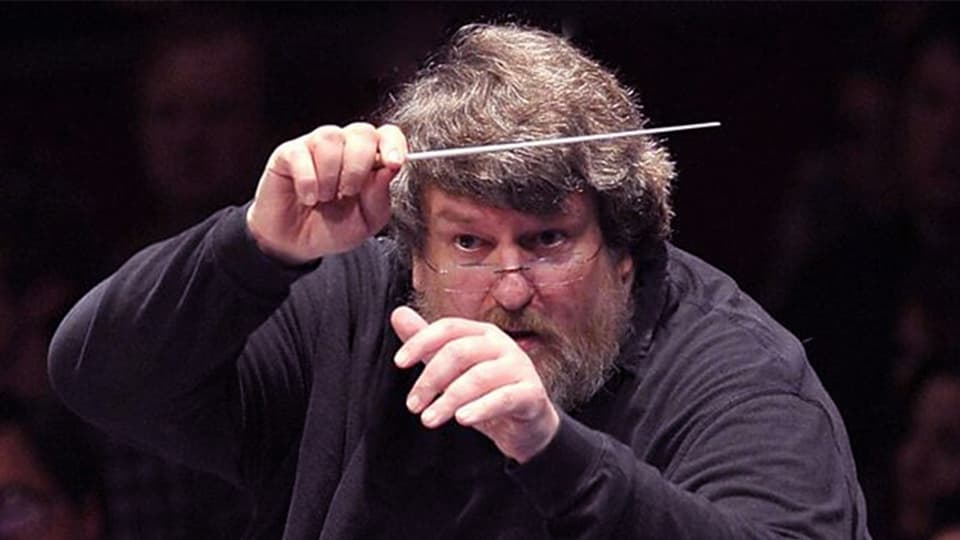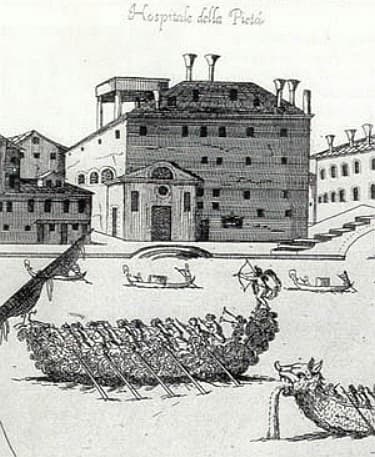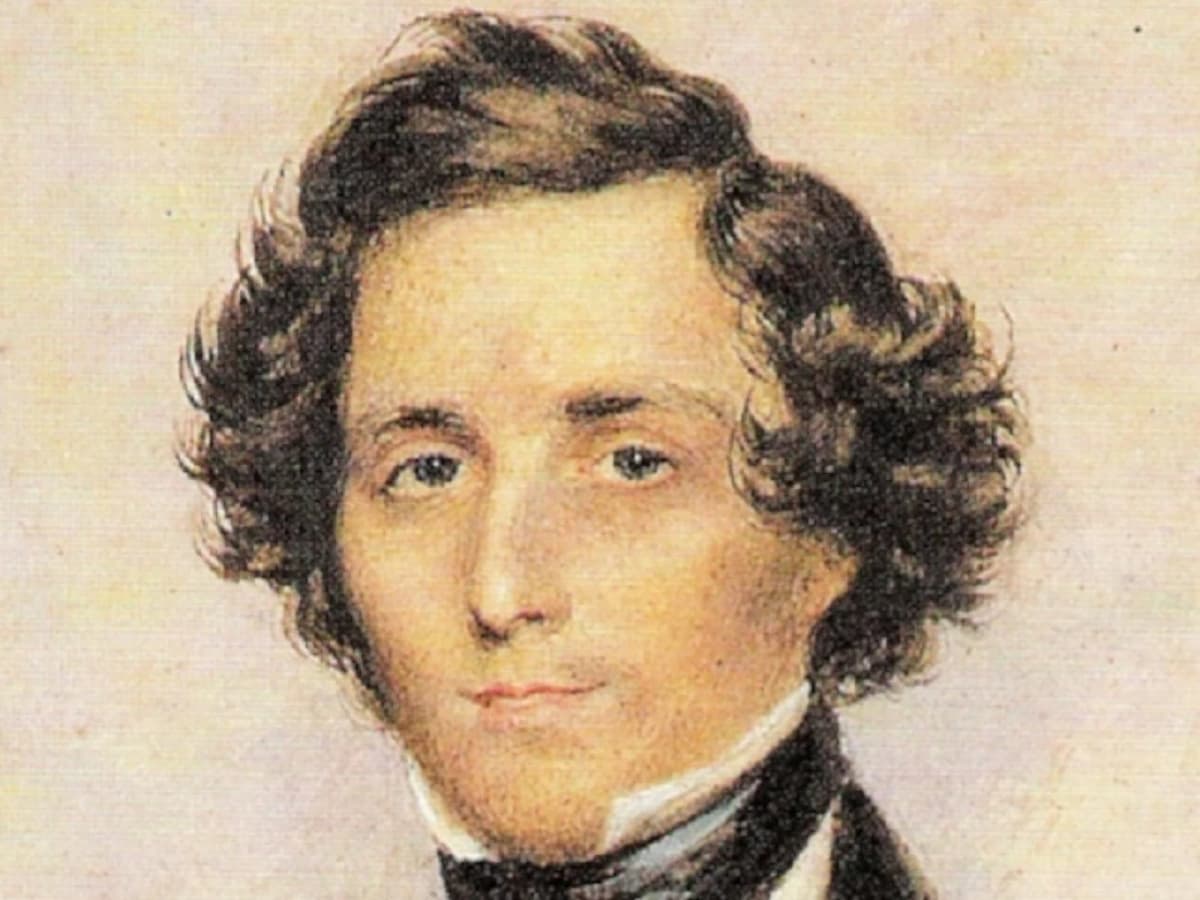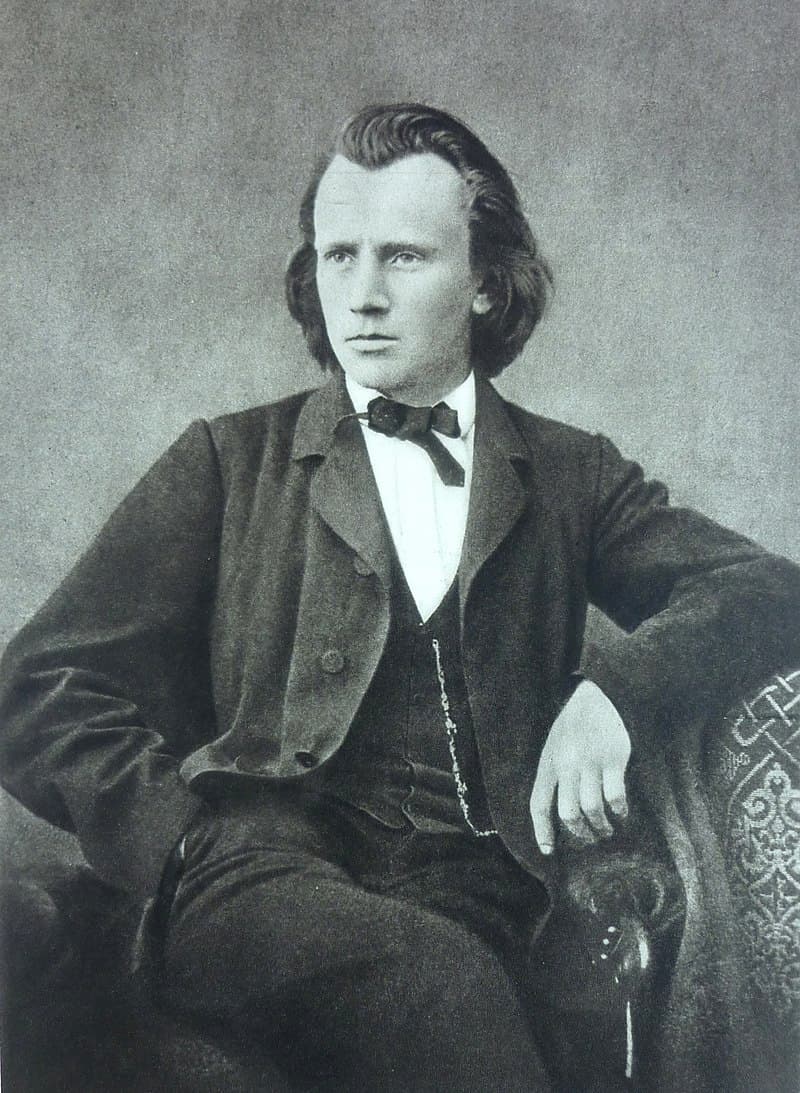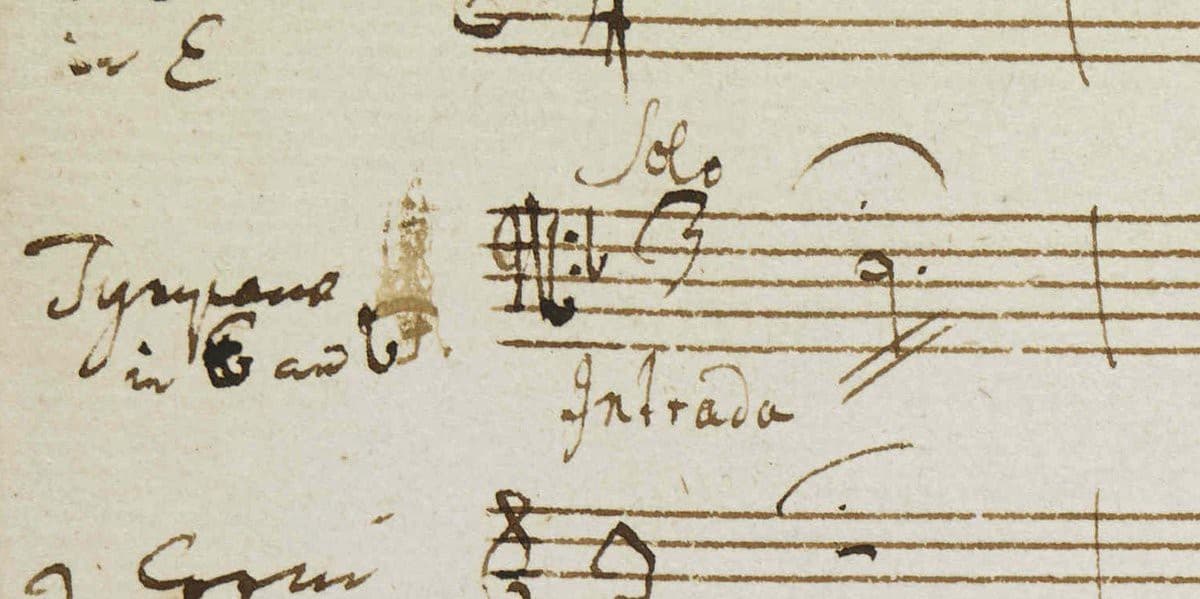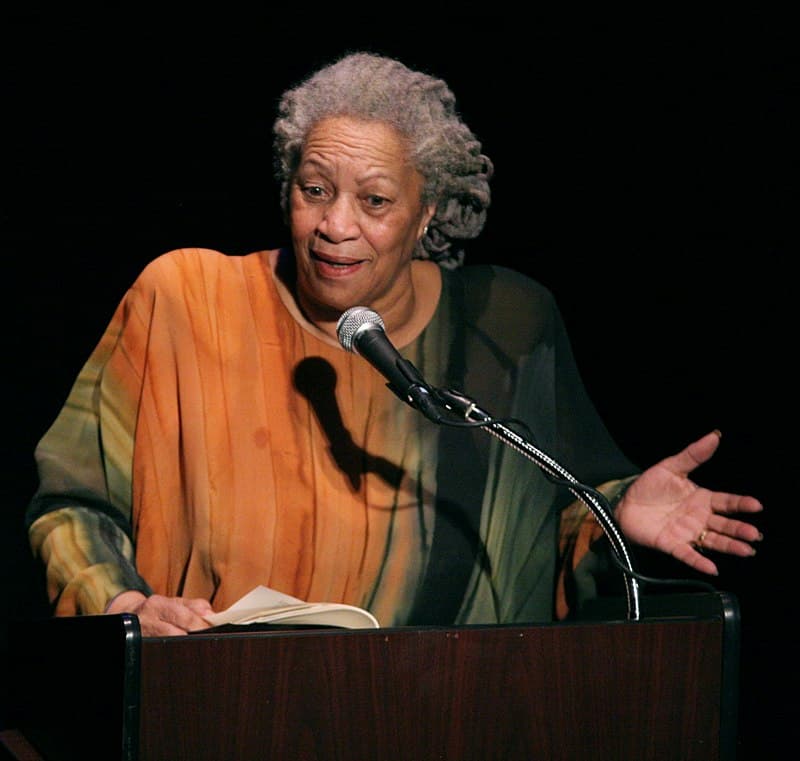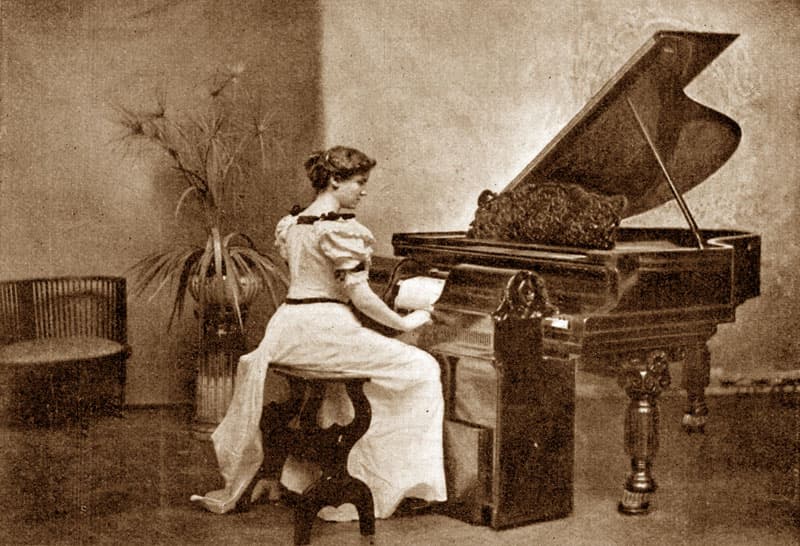Sergei Prokofiev’s death on 5 March 1953, only about one hour before the passing of Joseph Stalin, went almost unnoticed in the press. In fact, his death went unreported for some days. Sovetskaya Muzyka finally carried his obituary in the
Articles
Oliver Knussen (1952-2018) is regarded as one of the foremost British composers of recent times. Renowned for music ‘characterised by its crystalline concision, complexity and richness’ (Faber), Knussen wrote works that challenge the ear yet invite us on a journey;
The city of Venice underwent a fundamental transformation towards the end of the 17th century. For centuries Venice had wielded considerable economic powers based on the manufacturing of textiles and from trade with Europe and Asia. Gradually, however, culture became
No one dies at a favourable time, needless to say, but Felix Mendelssohn’s timing was particularly unfortunate. 1847 was one year before revolution would sweep across Europe, and so Mendelssohn would have his legacy formed in a post-revolutionary context. His
For well over 20 years, Johannes Brahms (1833-1896) seriously considered writing an opera. In 1869, encouraged by the conductor Hermann Levi and the engraver Julius Allgeyer, Brahms initially contemplated, more or less seriously, operatic settings of Méhul’s Uthal, the heroic
Joseph Haydn (1732-1809) was already considered the greatest living composer when the impresario Johann Peter Salomon invited him to compose and conduct first six, and later six more symphonies for the cosmopolitan audiences in London. The British press hailed him
Toni Morrison (1931-2019) was the first African-American woman to win the Nobel Prize in Literature. Her best-selling works explored black identity in America, and in particular the often-crushing experiences of black women. She authored 11 novels, children’s books, and a
It sits there in the corner of the living room, dark, foreboding, and challenging all to make it show its true potential. The key home instrument for the rising middle class was the piano. The mark of gentility was knowing

